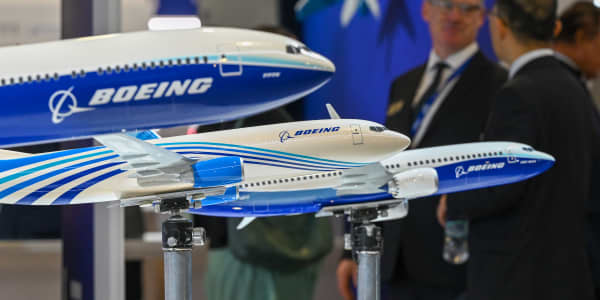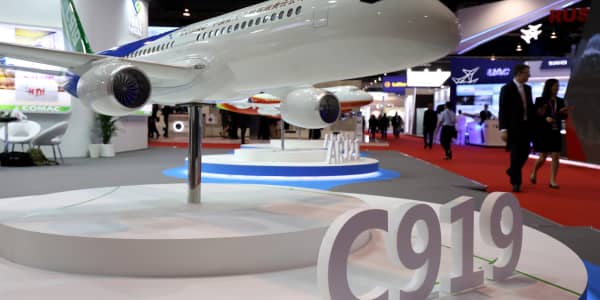
One of Israel's largest defense firms on Wednesday confirmed it remained engaged in talks with the Indian government over a deal for its Spike anti-tank guided missiles.
"We are [in] an ongoing process with India's Ministry of Defense ... We are now looking on the way to supply the most advanced anti-tank missile for India's use," Yoav Har-Even, president and CEO of Rafael Advanced Defense Systems, told CNBC on the sidelines of the Singapore Airshow.
The deal was first scrapped by India in January ahead of Israeli Prime Minister Benjamin Netanyahu's trip to India, Reuters said. Indian media outlets reported this month, however, that governments from both countries would embark on talks about the missile purchase after several terms in the agreement were updated.
"What we are doing in India is not only supplying," Har-Even said.
"Part of our strategy is to find strategic partners all over the world, and in India in particular ... not only to transfer the product, but also to establish an industrial entity that will be able to produce those products in the country that we're negotiating with," he added.
The Israeli state-owned company also facilitates the transfer of technology rather than purely cutting deals, with Har-Even describing the former as a "win-win situation."
Rafael Advanced Defense Systems last year inaugurated a joint venture in Hyderabad that was set up with India's Kalyani Group. The joint venture was targeted at developing weapons systems for the Indian Armed Forces and for exporting abroad.
"We understand that everyone doesn't want only to buy the product, [but] is looking for industrial cooperation, transfer of technology and this is something we are doing, and we will do it in the future also," Har-Even said.





